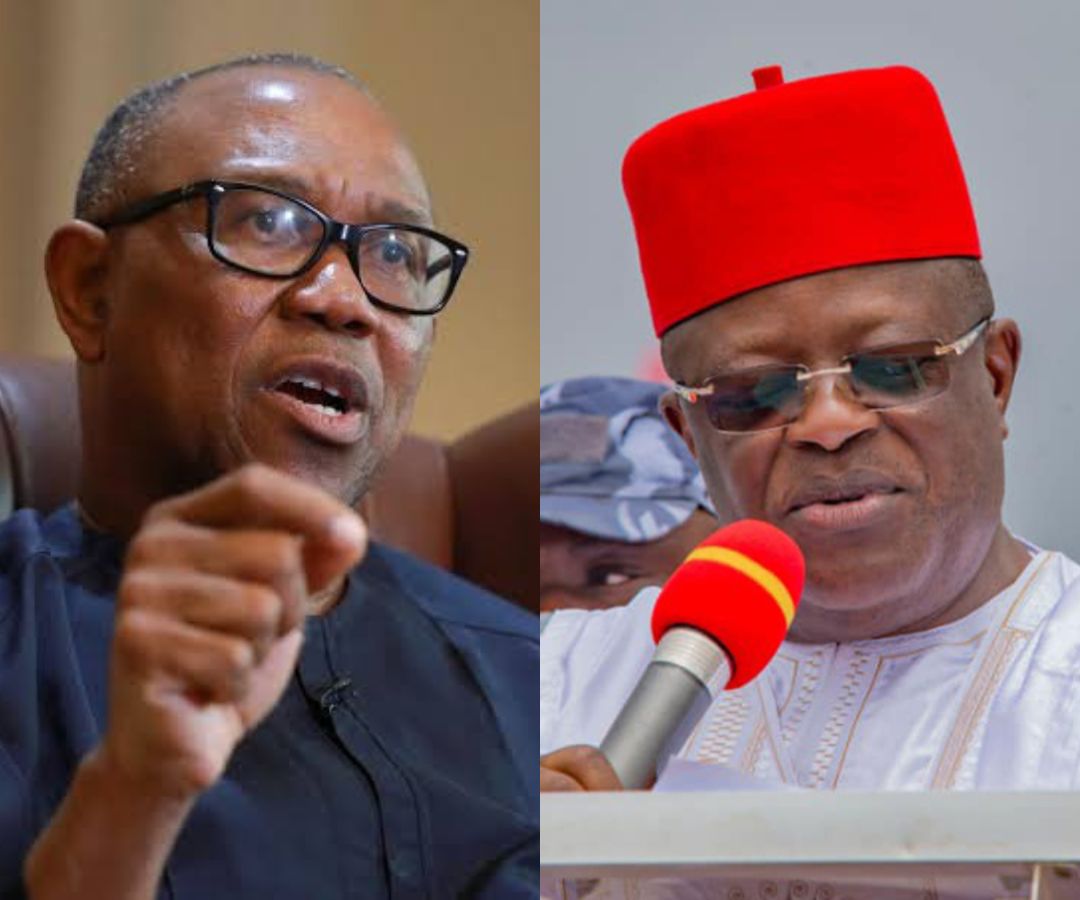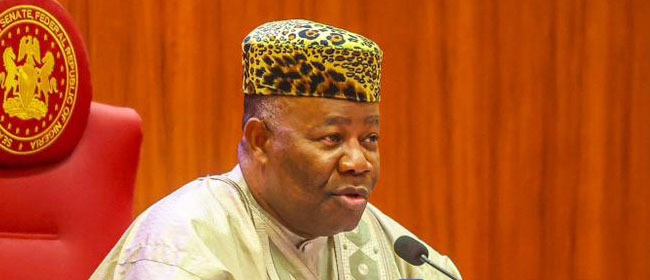There is a tide in the affairs of men.
Which, taken at the flood, leads on to fortune;
Omitted, all the voyage of their life
Is bound in shallows and in miseries.
On such a full sea are we now afloat,
And we must take the current when it serves,
Or lose our ventures. (Brutus, in Julius Caesar)
nigeria’s current chaotic social and economic order, marked by deep discontent and despair, is simply a summation of the series of missed opportunities that, if taken at the flood, would have lifted this wonderful land to sit among the top performers in the world today. But personal interests, often under the garb of regional or even national interests, at various stages, sabotaged or aborted the realisation of such potential and the result is that the country today lies prostrate, emasculated by forces that otherwise should have helped it to stand tall.
So, if nigeria is to make the best of the new social and economic dispensations lurking around the corner, the country must first get the process of initiating, assessing and implementing policies right. And part of that must be creating the ability to tame the influence of interest groups, those coalitions of persons in pursuit of self-interest under the cloak of defenders of the downtrodden.
There is no other area where this is more important than the area of policymaking. Policies serve as tools in the hands of the state for circumventing or curbing the activities of these so-called interest groups if the government’s actions are to have meaningful impacts on the lives of ordinary Nigerians. In most cases, policies are like the tide: strike when the flood is full, and the journey is destined for success; miss that, and the journey is bound to violence, in the words of an African writer.
This has given rise to pertinent questions. When is the best time to initiate or implement a policy? What triggers a policy consideration on an issue and when does its implementation become critical to the well-being of the target group? Equally pertinent is the question: Who determines when best to implement a policy? What considerations should influence the optimum policy variables or magnitudes that should be acceptable at a given point in time?
One policy issue can easily be cited here in an effort to illustrate how the above scenarios have played out in nigeria’s public policy space in our nation’s recent history. It is the thorny issue of petrol subsidy in nigeria, which, like a stubborn corpse, has refused to be buried.
Ten years ago (almost 11 years now), the government in power then set out to implement a policy of petrol subsidy removal. At that time the price of a litre of petrol was N65. On January 1, 2012, the Petroleum Products Pricing Regulatory Agency (PPPRA)- now subsumed under the Nigerian Midstream and Downstream Petroleum Regulatory Authority (the Authority), announced an increase in the price of petrol from N65 per litre to N141 per litre. That was a part of the move toward price deregulation to ultimately remove the subsidy.
Before that announcement, on the eve of the new year, the marketers had, as usual, shut their pumps in anticipation of such a move. So that was the setting for the protest that soon morphed into a historic movement that came to be known as Occupy nigeria. The rest is now history; at that time petrol subsidy removal was not an acceptable policy. The overwhelming opinion at that time was that it was an anti-people policy that would probably pauperise more Nigerians. So the effort was shot down and the matter was closed.
Closed? Not quite, because a decade later, virtually everyone now believes it should be done, and indeed, it should have been done long ago. Today, our cities and downs are defaced with snarls of queues stretching from petrol stations as motorist wait to buy petrol, in a major oil-producing country. It has become a yearly ritual, but it is rooted in the unresolved issue of subsidy. The continued damage of the petrol subsidy has in every respect wiped out whatever benefits that those who opposed its removal put up as their defence or argument.
Rather than protecting the interest of ordinary Nigerians, the retention of petrol subsidies has rather hurt them in more ways than one. In the first place, the government of today, like a latter-day, or better still, a reluctant, convert, has admitted that petrol subsidy hurts; it does not help in any way when viewed through the prism of social policy. Policy, in the context of the market economic system that we practice, is a search for higher efficiency welfare. A subsidy, in its simplest form, means making a product or service available to consumers at a price lower than its production cost. But the cost of the goods in question must be paid for, by someone.
The federal government has since admitted that the subsidy is not sustainable as a policy because of its total costs. The cost of subsidies has become a fiscal drag on the economy. This is a term given by economists to the outcomes of fiscal activities that take away resources that could have been deployed in areas to advance the performance of the economy.
While those who opposed it 10 years ago had framed subsidy removal as an anti-people weapon in the hands of the government, their real intention was to make both social and economic capital of it. Policies have costs and benefits. But their identification and quantification depend on who is assessing the costs and benefits. Costs must be total, just as the benefits or beneficiaries need detailed scrutiny to ascertain. The difficulty in ascertaining the real benefits is the activities of agents or proxies. From all the investigative panels that have been set up, the verdict has always been that those who benefit from petrol subsidies are those who need it least. But the conveners of Occupy nigeria did not tell the ordinary Nigerians that.
In the end, the delay in effecting oil-sector reforms (of which subsidy removal is one significant component), has resulted in higher costs to everyone, including the poor. The delay in subsidy removal has in turn delayed reforms that would have kick-started investments in the industry to raise capacity, increase supply and raise output.
Going forward, the choice will be ours. Social and economic challenges will call for policies to tackle them. Such policies must be implemented at the right time and in the right magnitude.
The post nigeria-tides-and-our-national-voyage/”>nigeria, tides and our national voyage appeared first on Daily Trust.

 Entertainment23 hours ago
Entertainment23 hours ago
 Entertainment24 hours ago
Entertainment24 hours ago
 Entertainment23 hours ago
Entertainment23 hours ago
 Entertainment23 hours ago
Entertainment23 hours ago
















